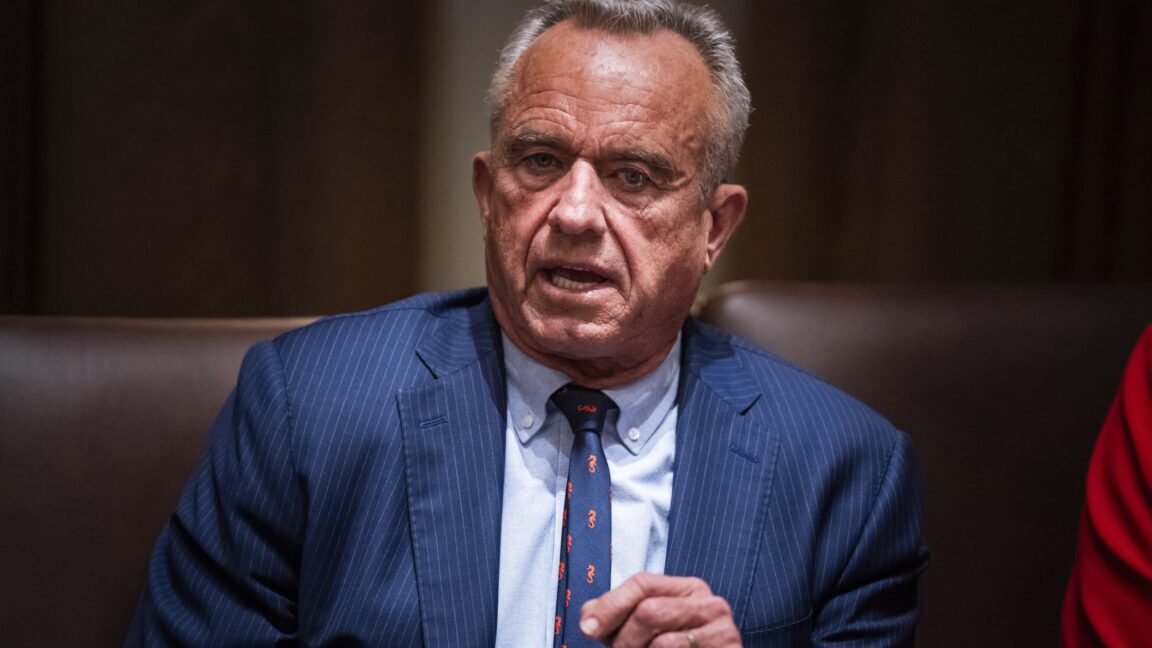
Almost half of US states sued the federal authorities and Secretary of Well being and Human Providers Robert F. Kennedy Jr. as we speak in a bid to halt the termination of $11 billion in public well being grants. The lawsuit was filed by 23 states and the District of Columbia.
“The grant terminations, which got here with no warning or legally legitimate clarification, have shortly brought about chaos for state well being companies that proceed to depend on these important funds for a variety of pressing public well being wants comparable to infectious illness administration, fortifying emergency preparedness, offering psychological well being and substance abuse companies, and modernizing public well being infrastructure,” mentioned a press release issued by Colorado Legal professional Common Phil Weiser.
The litigation is led by Colorado, California, Minnesota, Rhode Island, and Washington. The opposite plaintiffs are Arizona, Connecticut, Delaware, the District of Columbia, Hawaii, Illinois, Kentucky, Maine, Maryland, Massachusetts, Michigan, Nevada, New Jersey, New Mexico, New York, North Carolina, Oregon, Pennsylvania, and Wisconsin.
Almost the entire plaintiffs are represented by a Democratic legal professional common. Kentucky and Pennsylvania have Republican attorneys common and are as a substitute represented by their governors, each Democrats.
The complaint, filed in US District Court docket for the District of Rhode Island, is in response to the recent cut of grants that had been initially created in response to the COVID-19 pandemic. “The only real acknowledged foundation for Defendants’ choice is that the funding for these grants or cooperative agreements was appropriated by a number of COVID-19 associated legal guidelines,” the states’ lawsuit mentioned.
The lawsuit says the US despatched notices to states that grants had been terminated “for trigger” as a result of “the grants and cooperative agreements had been issued for a restricted objective: to ameliorate the consequences of the pandemic. Now that the pandemic is over, the grants and cooperative agreements are now not vital as their restricted objective has run out.”

